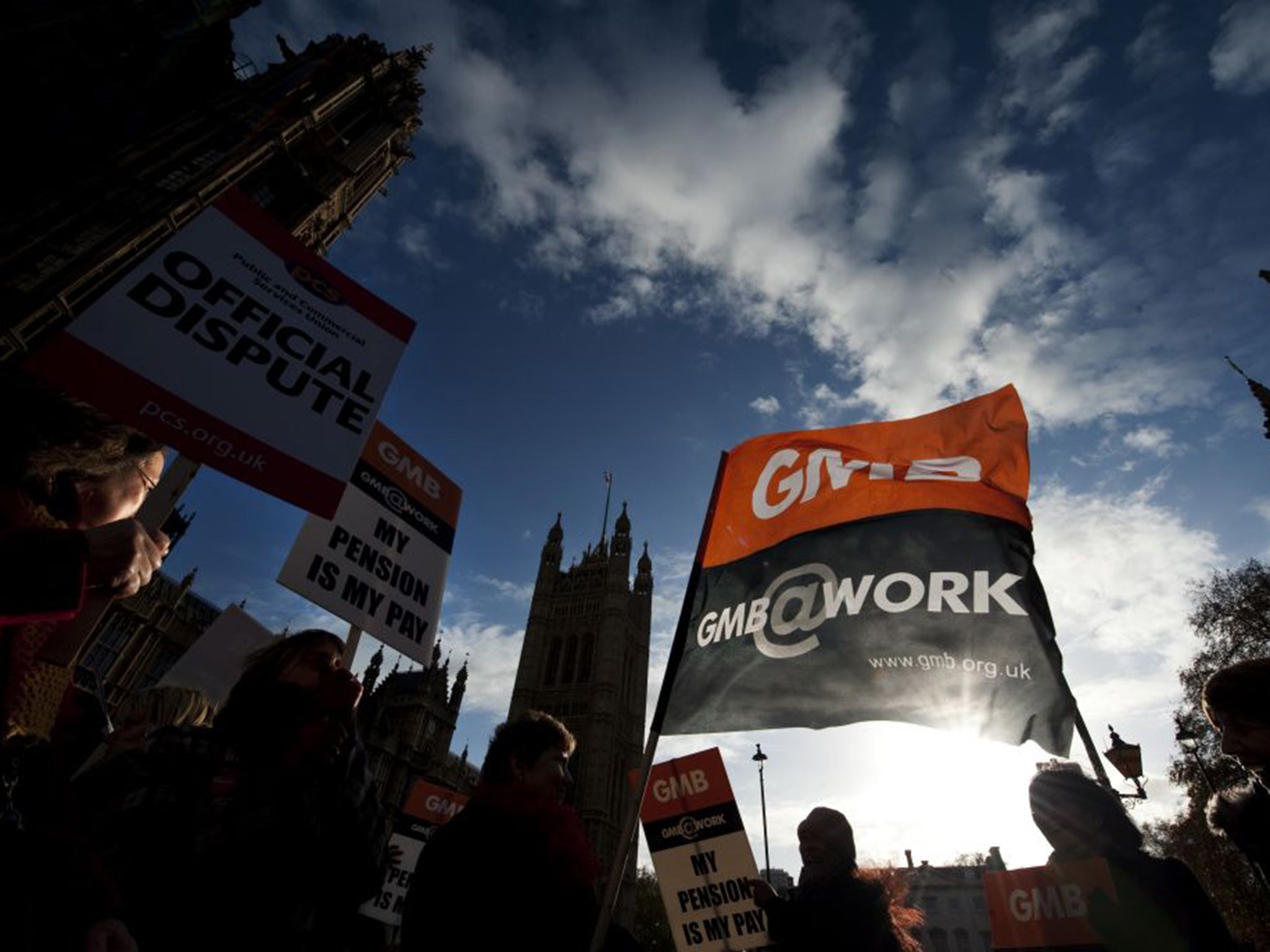It's time you paid attention to these working class women's triumphs - and the shadow hanging over them in 2016
In a year where women have been disproportionately hit by low pay, precarious employment and cuts to in work benefits the fight against the exploitation of working women has never been more urgent

Your support helps us to tell the story
From reproductive rights to climate change to Big Tech, The Independent is on the ground when the story is developing. Whether it's investigating the financials of Elon Musk's pro-Trump PAC or producing our latest documentary, 'The A Word', which shines a light on the American women fighting for reproductive rights, we know how important it is to parse out the facts from the messaging.
At such a critical moment in US history, we need reporters on the ground. Your donation allows us to keep sending journalists to speak to both sides of the story.
The Independent is trusted by Americans across the entire political spectrum. And unlike many other quality news outlets, we choose not to lock Americans out of our reporting and analysis with paywalls. We believe quality journalism should be available to everyone, paid for by those who can afford it.
Your support makes all the difference.The tradition of women standing together, withdrawing their labour and leading the struggle against unscrupulous employers is as old as the labour movement itself. When we talk about feminism and the fight for equality, we cannot do so without telling the story of the indomitable working class women who organise into their unions to fight injustice. You may not have heard about them in 2015 – but some of their biggest victories have had far-reaching consequences.
Like the women who led the unofficial walk-out against the closure of Lambeth libraries in November, and their union representative Ruth Cashman, who is now preparing a strike ballot against the cuts.
Or the migrant women with English as a second language who bravely began representing their colleagues in an employment tribunal in November. They took on their employer Carillion over allegations of discrimination at their Swindon Hospital contract – no mean feat. The case is ongoing.
Then there’s the chambermaids from the Park Plaza Hotel near Westminster, who this year began organising into a union amid allegations of over-work and low pay, which is rife in the female-dominated hospitality sector.
And the female teaching assistants and teachers who, in May, scored a victory against the Tories’ academy programme when their strike and demonstrations helped to stop a Lewisham state school being turned into an academy under private investors. This defended community education in the borough.
Unfortunately, there is a big shadow hanging over working class women in 2016.
The Tories' trade union bill voted through the Commons this year and currently moving through the Lords is the biggest attack on working women in a generation. While the draconian legislation restricts the ability of all union members to fight for a better deal, it saves the most restrictive elements for women.
Public sector workers who pay their membership fees from their wages, the majority of whom are women, will have their union membership cancelled by the Tories if they don't switch to direct debit. Hundreds of thousands could lose their union membership without realising it.
Public sector workers will also be forced to meet impractical ballot turnouts before they are able to take lawful strike action. The real-terms pay cut currently faced by nurses, teaching assistants, midwives and home carers will only deepen if they are robbed of the ability to strike for more.
In March this year 250 low-paid hostesses, domestics and porters working for private contractor ISS at Queen Elizabeth hospital in Woolwich won an 8.6 per cent pay rise after taking 5 days’ strike action. The GMB union members (the majority of whom are women) secured a stunning victory against a private contractor seeking to make a profit out of the NHS with the simple power of withdrawing their labour.
The trade union bill will make it harder for women workers to take action along these lines. A clause within the bill that allows employers to bring in agency workers to cover the work of strikers is a particular threat to women working in low paid jobs such as cleaning and caring. This will be felt even more sharply by BAME and migrant women.
While every victory for our sisters makes our movement stronger the fight for feminism will only be won when all women achieve equality; for working class women, this means having the ability to withdraw our labour and to organise.
In a year where women have been disproportionately hit by low pay, precarious employment and cuts to in work benefits the fight against the exploitation of working women has never been more urgent. It will be won in the same way as universal suffrage, by women taking matters into their own hands.
As the Tories draw the battle lines, making this harder, women must look to one another and at what we have collectively achieved to strengthen our resolve and lead each other forward.
Join our commenting forum
Join thought-provoking conversations, follow other Independent readers and see their replies
Comments